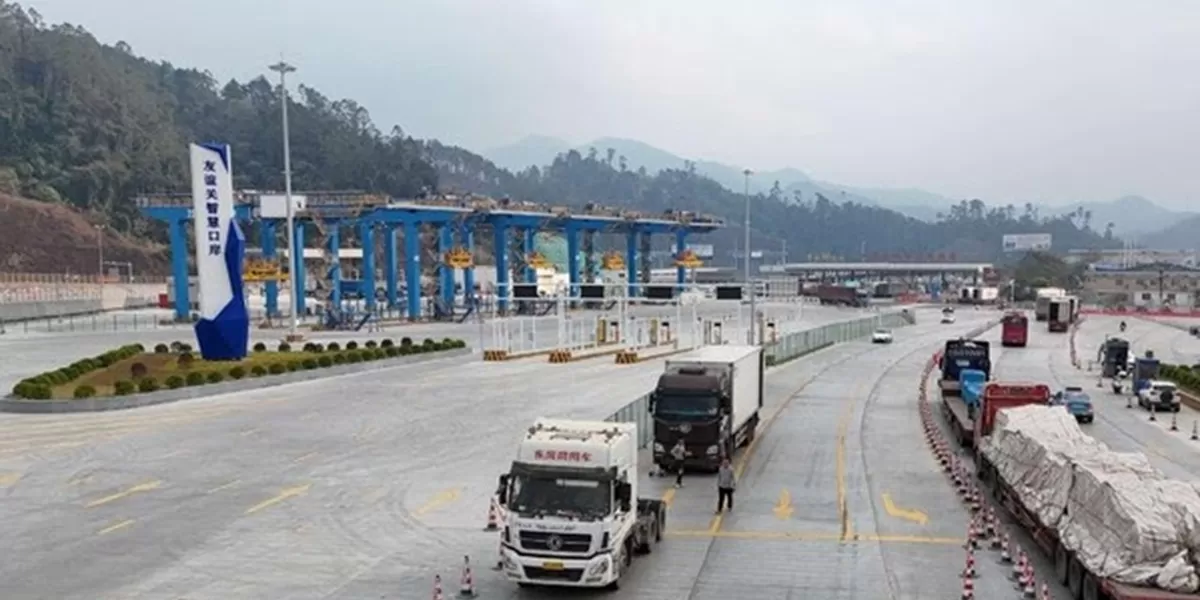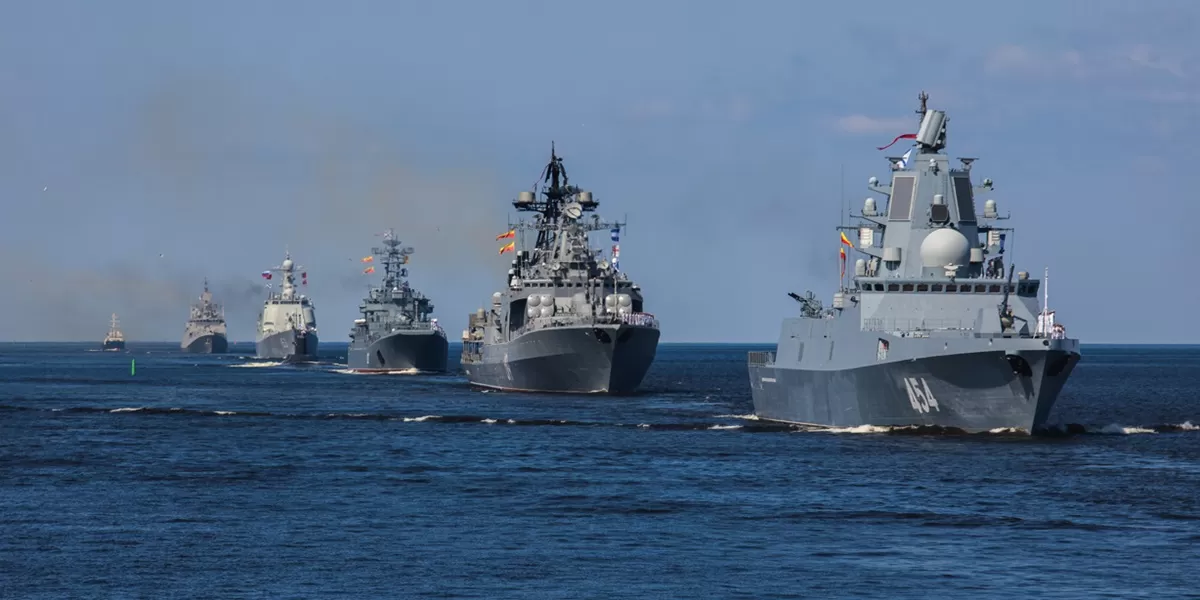
Smart Border Port Keeps Nonstop China-Vietnam Trade Flowing
On a recent spring morning at Youyiguan Port, known as Friendship Pass, on the China-Vietnam border in Pingxiang city, south China's Guangxi Zhuang autonomous region, a steady stream of trucks lined up at the border crossing, ferrying tropical fruits into China and hauling machinery and electronics to Vietnam. The scene is brisk, efficient - and increasingly automated. Friendship Pass, one of the largest and most efficient land border crossings between China and Vietnam, is undergoing a high-tech overhaul. The site is being transformed into China's first cross-border smart port, with the Chi..

Cortec Delivers Corrosion Protection for Military Equipment and Infra
As modern military operations demand equipment that’s ready for immediate deployment, corrosion prevention has become more critical than ever. Addressing these challenges, Cortec® Corporation—an industry leader in environmentally responsible corrosion solutions—offers its proven VpCI® (Vapor phase Corrosion Inhibitor) technology to safeguard military equipment during production, transit, and long-term storage. Corrosion poses serious risks to o perational readiness, safety, and budgets. It can lead to critical equipment failures, costly repairs, and safety hazards. Studies indicate t..

Unsold Affordable Housing Drops 19% in Q1 2025: ANAROCK
India’s housing market is showing contrasting trends across budget segments. According to the latest data from ANAROCK Research, unsold affordable housing units (priced below Rs 4 million) across the top seven cities dropped by 19% year-on-year in Q1 2025, falling from approximately 140,000 units to 113,000 units. This decline is attributed to restricted new supply and sustained demand from end-users. Conversely, unsold stock in the luxury housing segment (priced above Rs 15 million) surged 24% in the same period, growing from 91,125 units to over 1.13 lakh units. The spike comes on the bac..














